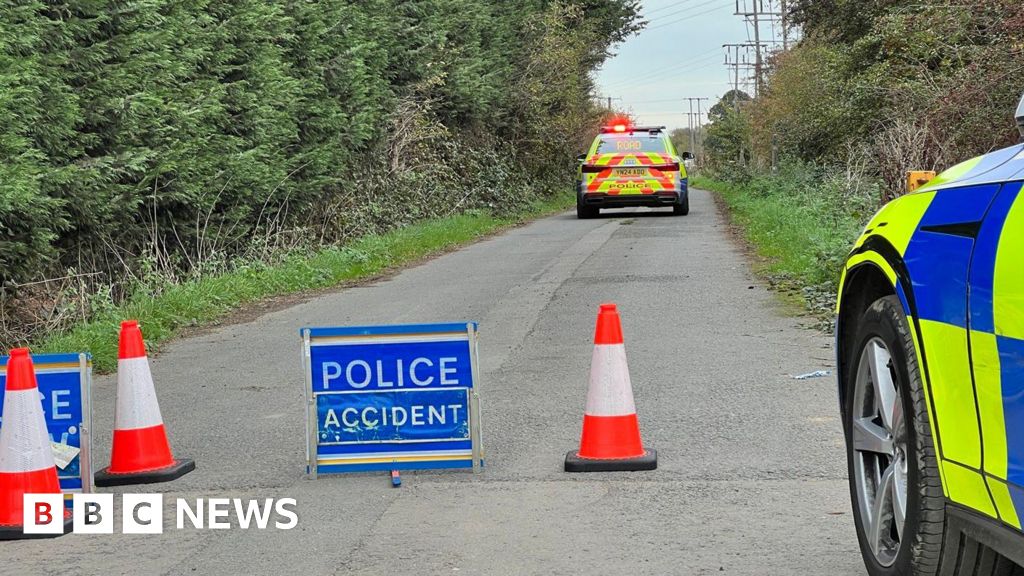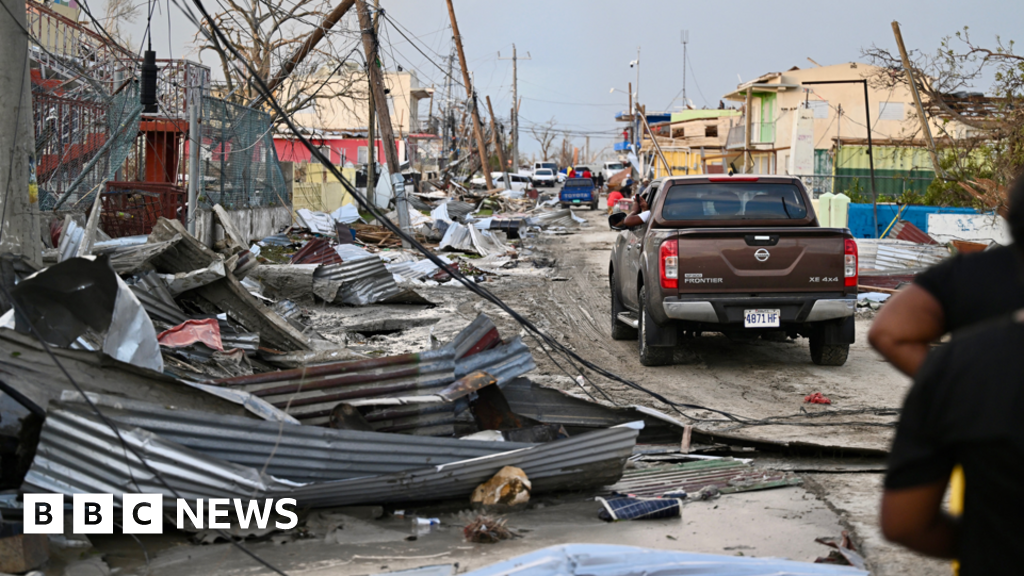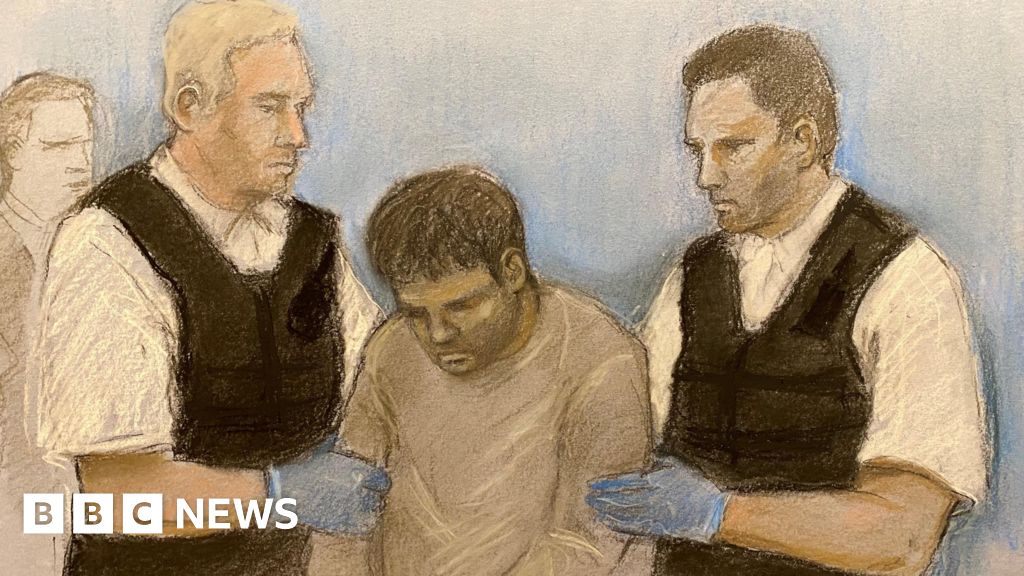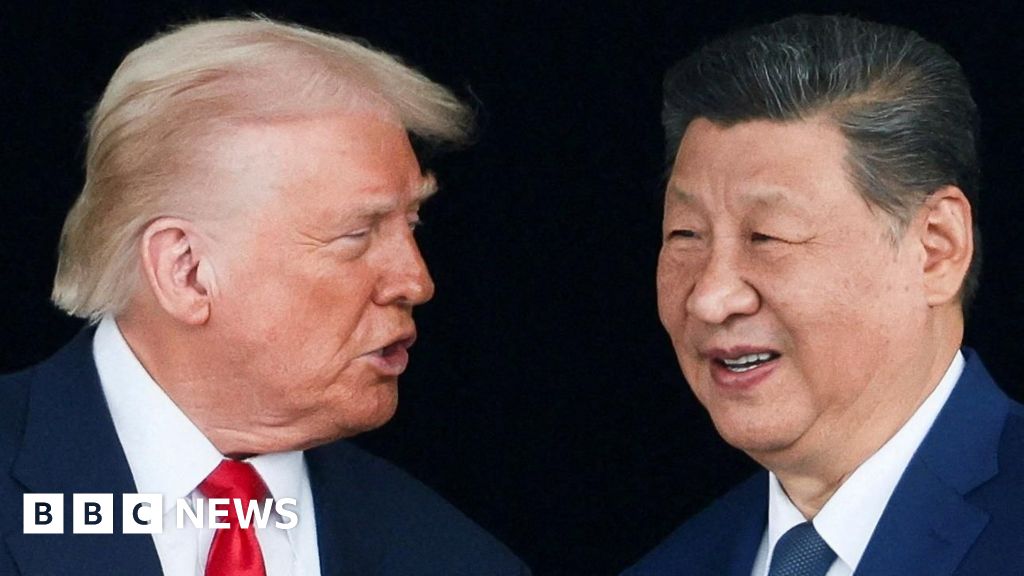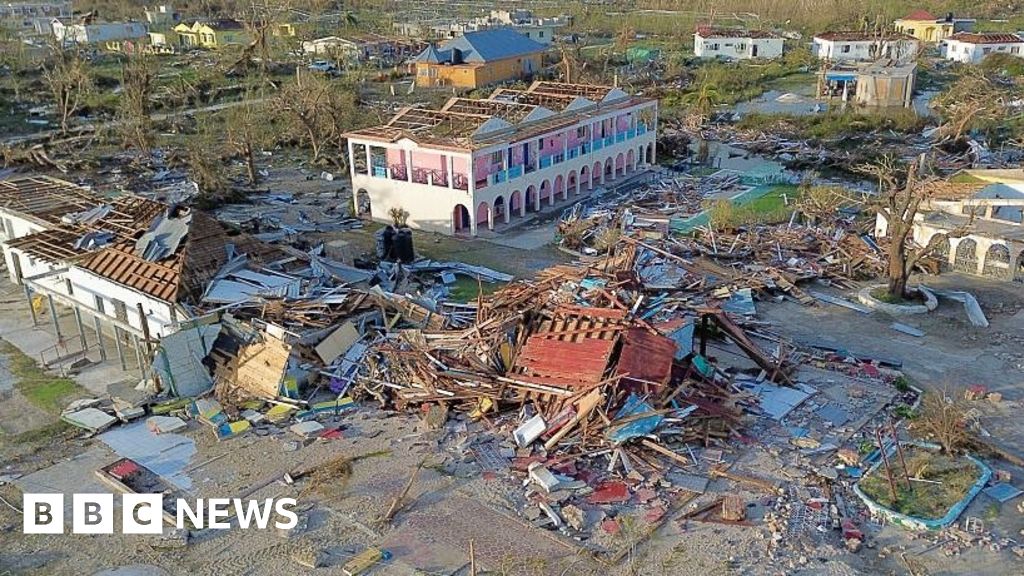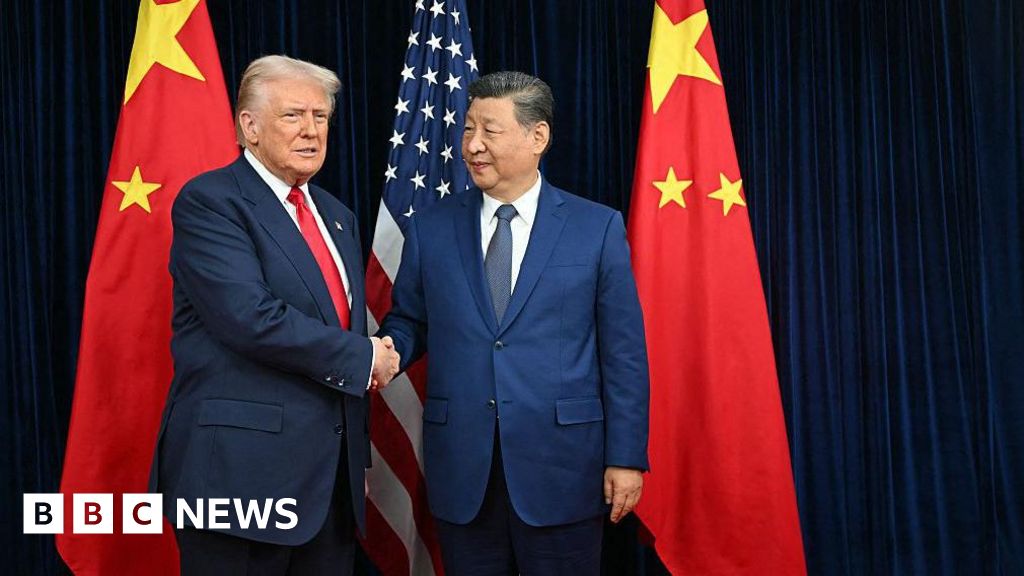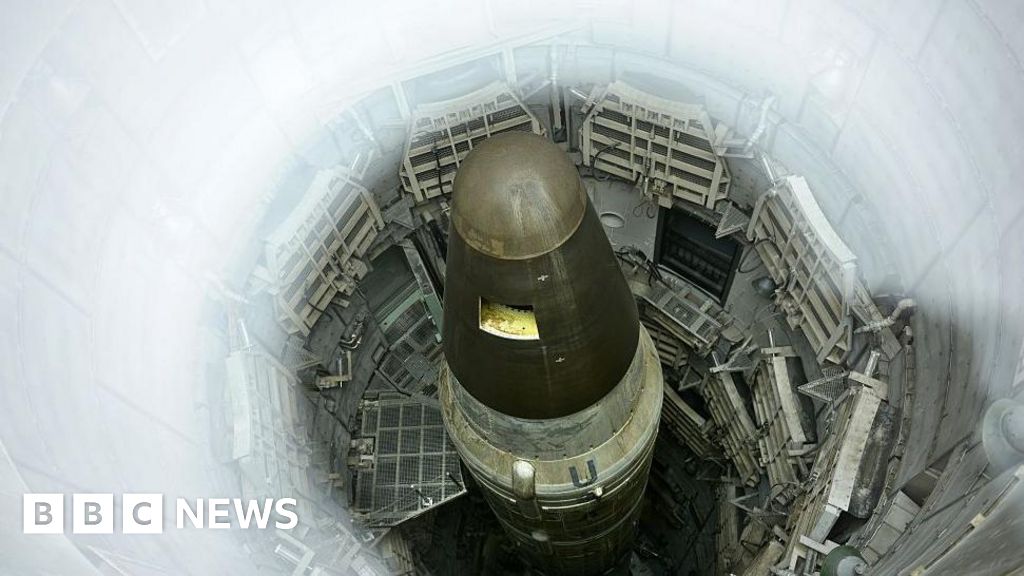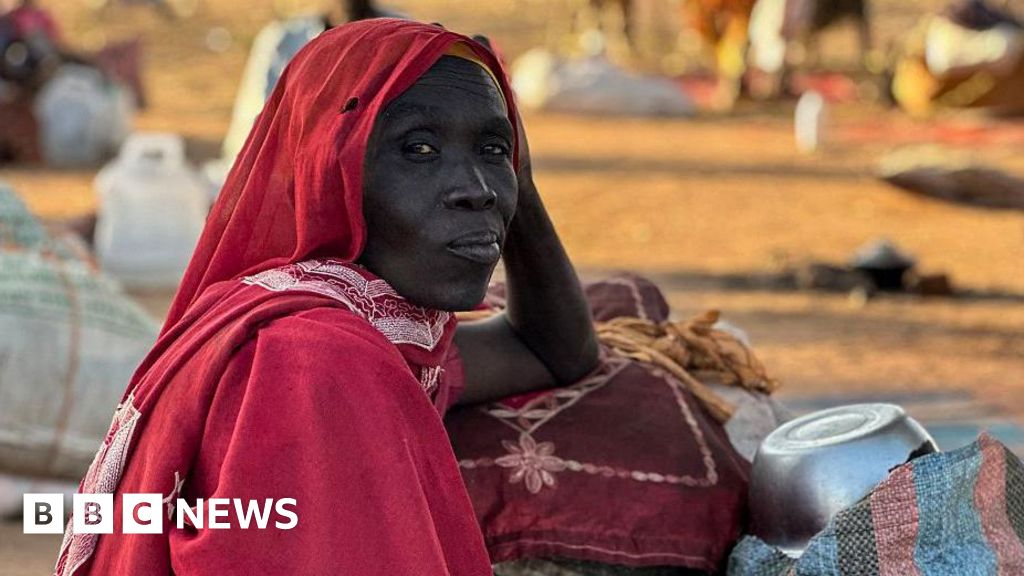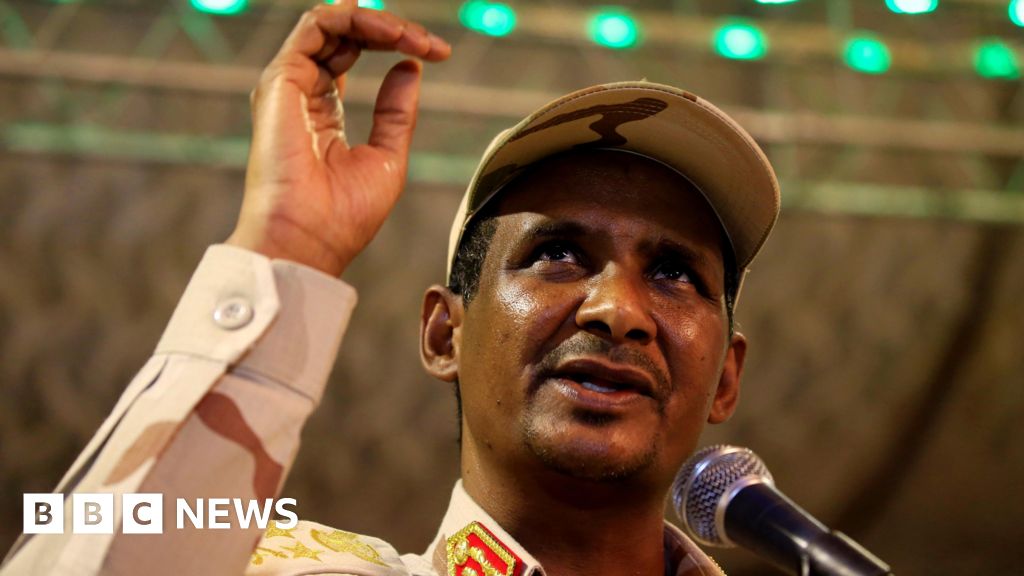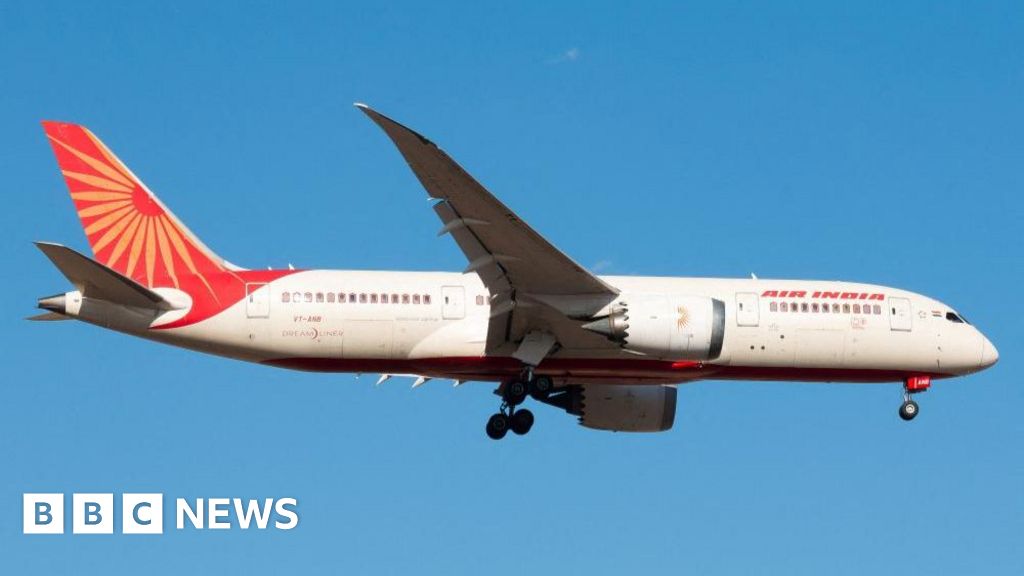Priya Sippy & Jacob Boswall
BBC News & BBC Monitoring

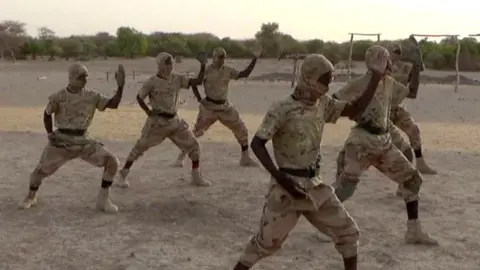 Al-Zallaqa
Al-Zallaqa
Al-Qaeda affiliate Jama'at Nusrat al-Islam wal-Muslimin (JNIM) is the main group behind a surge in militant jihadist attacks sweeping across several West African nations, especially Burkina Faso, Mali and Niger.
On 1 July, the group said it had carried out a major coordinated attack on seven military locations in western Mali, including near the borders with Senegal and Mauritania.
There is growing concern about the impact JNIM could have on the stability of the region.
Burkina Faso, Mali and Niger have struggled to contain the violence – and this is one of the factors that contributed to several military coups in the three Sahel countries over the last five years.
But like the civilian governments they replaced, the juntas are seemingly unable to stem the growing jihadist threat, especially from JNIM.
What is JNIM?
JNIM has become one of Africa's deadliest jihadist groups within the space of just a few years.
It was formed in Mali in 2017, as a coalition of five jihadist militant groups:
- Ansar Dine
- Katibat Macina
- Al-Mourabitoun
- Ansar al-Islam
- The Sahara branch of al-Qaeda in the Islamic Maghreb
These groups started collaborating after the French military pushed back several jihadist and separatist organisations that were operating in northern Mali in 2012. Eventually, the leaders of the groups came together to create JNIM.
In recent years, they have expanded geographically, establishing new areas of operation.
JNIM is led by Iyad Ag Ghali, a former Malian diplomat who belongs to the Tuareg ethnic group. He was at the helm of the Tuareg uprising against the Malian government in 2012 which sought to establish an independent state for the Tuareg people called Azawad. Deputy leader Amadou Koufa is from the Fulani community.
Analysts believe the central leadership helps guide local branches which operate across the Sahel region of West Africa.
While it is difficult to know exactly how many fighters there are in JNIM's ranks, or how many have recently been recruited, experts suggest it could be several thousand - mostly young men and boys who lack other economic opportunities in one of the poorest regions in the world.
What does JNIM want?
The group rejects the authority of the Sahel governments, seeking to impose its strict interpretation of Islam and Sharia in the areas where it operates.
Analysts say that in some areas, JNIM has been known to impose strict dress codes, implement bans against music and smoking, order men to grow beards and prevent women from being in public spaces alone.
This version of Islam can be at odds with the religion as practised by local communities, says Yvan Guichaoua, a senior researcher at the Bonn International Centre for Conflict Studies.
"These practices are clearly breaking from established practices and certainly not very popular," he says.
"But whether it's attractive or not, also depends on what the state is able to deliver, and there has been a lot of disappointment in what the state has been doing for the past years."
Disillusionment with the secular justice system can make the introduction of Sharia courts appealing to some.
Where does JNIM operate?
After its beginnings in central and northern Mali, JNIM rapidly expanded its reach. While its strongholds are in Burkina Faso, Mali and Niger, JNIM has also carried out attacks in Benin, Togo and at one point Ivory Coast.
It is now operational throughout Mali and 11 of Burkina Faso's 13 regions, according to the Global Initiative against Transnational Organised Crime (Gi-Toc), a civil society organisation.
In the last year, Burkina Faso has become the epicentre of the group's activities – predominately the northern and eastern border regions. This is, in part, because of divisions and defections in the country's military as well as how deeply embedded the militants are in the local communities, according to Beverly Ochieng, a senior analyst for security consultancy firm Control Risk.
"JNIM have an ability to embed in local communities or to be able to use local grievances as a means of recruiting or winning sympathy towards their cause," she told the BBC.
Are JNIM attacks increasing in scale?
In recent months violent incidents have spiked in Burkina Faso to previously unseen levels, according to analysis from BBC Monitoring's jihadist media team. Major attacks have also recently been carried out in Mali, Niger and Benin.
In the first half of 2025, JNIM said it carried out over 280 attacks in Burkina Faso – double the number for the same period in 2024, according to data verified by the BBC.
The group has claimed to have killed almost 1,000 people across the Sahel since April, most of them members of the security force or militias fighting alongside government forces, according to BBC Monitoring data.
Almost 800 of these have been in Burkina Faso alone. Casualties in Mali were the next highest (117) and Benin (74).
"The frequency of attacks in June is just unheard of so far," says Mr Guichaoua. "They have really stepped up their activities in the past weeks."
The militants use a variety of tactics designed to cause maximum disruption, Ms Ochieng explains.
"They plant IEDs [improvised explosive devices] on key roads, and have long-range capabilities.
"They [also] target security forces in military bases, so a lot of their weapons come from that. They have also attacked civilians - in instances where communities are perceived to be cooperating with the government."
Starlink - a company owned by Elon Musk which provides internet via satellites - has also been exploited by groups like JNIM to enhance their capabilities, according to a recent report by Gi-Toc.
The company provides high-speed internet where regular mobile networks are unavailable or unreliable.
Militant groups smuggle Starlink devices into the country along well-established contraband routes, G-toch says.
"Starlink has made it much easier for [militant groups] to plan and execute attacks, share intelligence, recruit members, carry out financial transactions and maintain contacts with their commanders even during active conflict," an analyst from Gi-Toc told the BBC's Focus on Africa podcast.
The BBC has contacted Starlink for comment.
How is JNIM funded?
The group has multiple sources of income.
At one time in Mali, funds were raised through kidnapping foreigners for ransom but few remain in the country because of the deteriorating security situation.
Cattle-rustling has now become a major source of income, according to an analyst from Gi-Toc. They did not want to be named as it could risk their safety in Mali.
"Mali is a big exporter of cattle so it's easy for them to steal animals and sell them," the analyst said.
Research by Gi-Toc shows that in one year in just one district of Mali, JNIM made $770,000 (£570,000) from livestock. Based on this figure, JNIM could be earning millions of dollars from cattle theft.
JNIM also imposes various taxes, according to experts.
"They tax the gold, but basically tax anything that goes through their territory, whether that's listed goods or illicit goods," Gi-Toc says.
"There can be an extortion type of tax, where JNIM tell citizens they need to pay in return for protection."
The militants have also been known to set up blockades, at which people must pay to leave and enter the area, according to Ms Ochieng.
What about efforts to fight them?
France's armed forces were on the ground supporting the government in Mali for almost a decade - with over 4,000 troops stationed across the Sahel region fighting groups that went on to form JNIM, as well as Islamic State in the Greater Sahara.
While they had some initial success in 2013 and 2014, reclaiming territory from the militants and killing several senior commanders, this did not stop JNIM's growth after it was formed.
"Counterinsurgency efforts have failed so far because of this idea that JNIM can be beaten militarily, but it is only through negotiation that the group will end," Gi-Toc's analyst suggested.
In 2014, Sahelian countries banded together to form the G5 Sahel Task Force, a 5,000-strong group of international troops. However, over the past couple of years, Burkina Faso, Mali and Niger have withdrawn, undermining the task force's ability to tackle the insurgency.
Minusma, the UN peacekeeping force – while not a counter-insurgency effort – was also in Mali for a decade to support efforts, however it left the country at the end of 2024.
What impact have military coups had on JNIM?

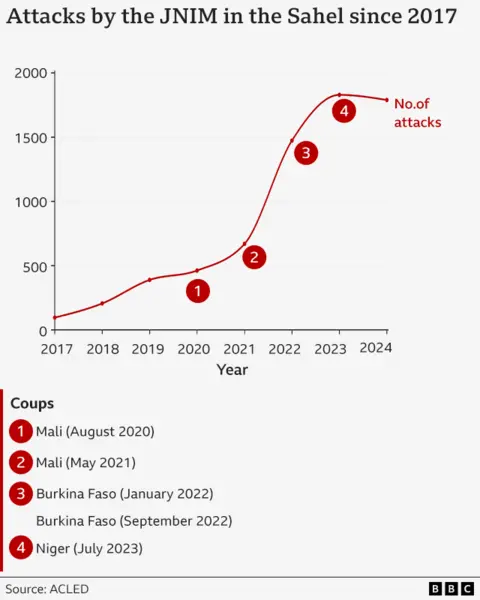
Military coups took place in Mali in 2020 and 2021, Burkina Faso in 2022 and Niger in 2023.
Poor governance under the military juntas in Burkina Faso, Mali and Niger subsequently has allowed militant groups like JNIM to flourish, according to analysts.
These juntas were swift to tell French troops to leave, replacing them with Russian support and a joint force formed by the three Sahelian countries.
Though Russian paramilitary group Wagner has withdrawn its troops from Mali entirely, Africa Corps, a Kremlin-controlled paramilitary group, will remain in place.
In Burkina Faso, a so-called "volunteer" army, launched in 2020 before the military takeover, is one strategy being used to fight militants. Junta leader Ibrahim Traoré has said he wants to recruit 50,000 fighters.
But experts say many of these volunteers are conscripted by force. Inadequate training means they often suffer heavy casualties. They are also often a target for JNIM attacks.
The military juntas in Burkina Faso and Mali have also been accused by human rights organisations of committing atrocities against civilians, particularly ethnic Fulanis. Human rights group say the government often conflates the Fulani community with Islamist armed groups, which has furthered hampered peace efforts.
Between January 2024 and March 2025, the military government and their Russian allies were responsible for 1,486 civilian casualties in Mali, according to Gi-Toc.
This extreme violence against civilians has generated anger towards the government, fuelling further recruitment for JNIM.
You may also be interested in:

 Getty Images/BBC
Getty Images/BBC

 3 months ago
77
3 months ago
77

